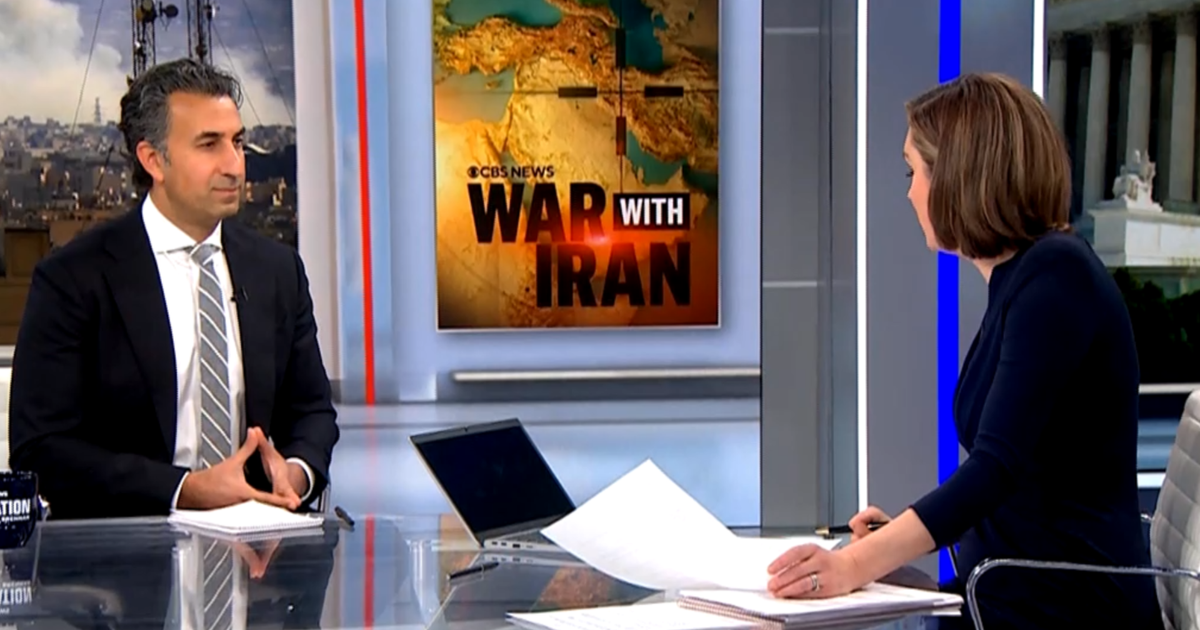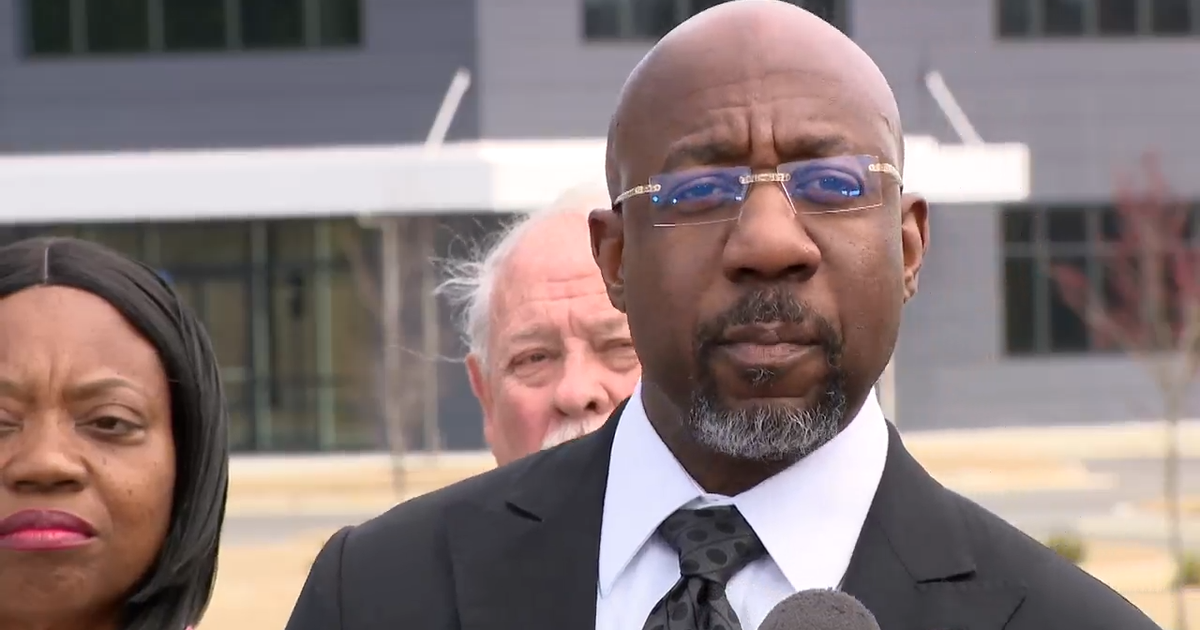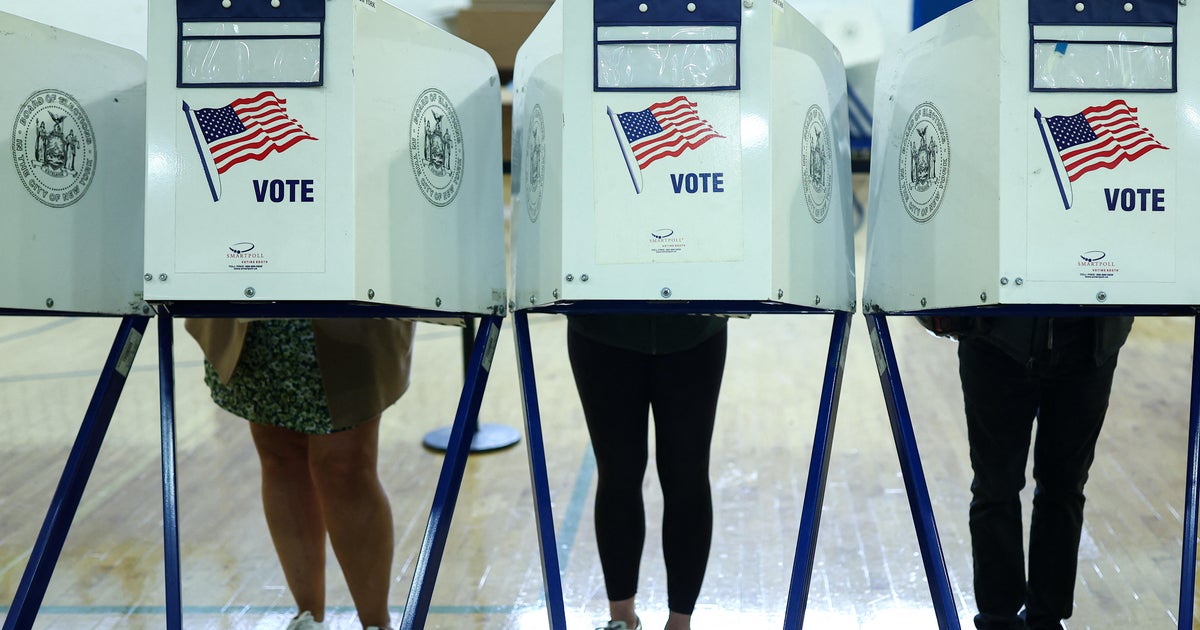China retaliates with $60 billion in tariffs, as trade spat with U.S. intensifies
China announced it is slapping tariffs on an additional $60 billion in U.S. goods, after President Trump announced Monday night that he is imposing tariffs on $200 billion more Chinese goods, in an ever-intensifying trade war.
The Chinese Finance Ministry said it was going ahead with plans announced in August for the increases of 10 percent and 5 percent on 5,207 types of U.S. goods. A list released last month included coffee, honey and industrial chemicals.
The increase is aimed at curbing "trade friction" and the "unilateralism and protectionism of the United States," the ministry said on its website. It appealed for "pragmatic dialogue" to "jointly safeguard the principle of free trade and the multilateral trading system."
When Mr. Trump announced the roughly $200 billion in additional tariffs from a list proposed earlier this year, the administration had already removed a number of Chinese products from the original list, including certain consumer electronics like watches and Bluetooth devices. Also removed from the list were some health and safety products like bike helmets and child safety furniture features like car seats.
But this is unlikely the end of the U.S.-China trade spat that has been ongoing for months.
In his announcement of the tariffs on $200 billion more goods Monday night, Mr. Trump threatened to impose tariffs on an additional $267 billion in Chinese goods, if the country retaliated. Mr. Trump said that "if China takes retaliatory action against our farmers or other industries, we will immediately pursue phase three, which is tariffs on approximately $267 billion of additional imports."
These latest tariffs come after, earlier this year, the administration had announced 25 percent tariffs on $50 billion in Chinese goods, prompting China to retaliate in kind. Monday's announcement means nearly half of all goods imported from China will be subject to tariffs. If the president imposes tariffs on an additional $267 billion in goods, that would be a significant escalation.
The president said Monday's announcement to impose $200 billion in additional tariffs was a result of a U.S. Trade Representative investigation under Section 301.
"After a thorough study, the USTR concluded that China is engaged in numerous unfair policies and practices relating to United States technology and intellectual property – such as forcing United States companies to transfer technology to Chinese counterparts," the president said Monday night. "These practices plainly constitute a grave threat to the long-term health and prosperity of the United States economy."



